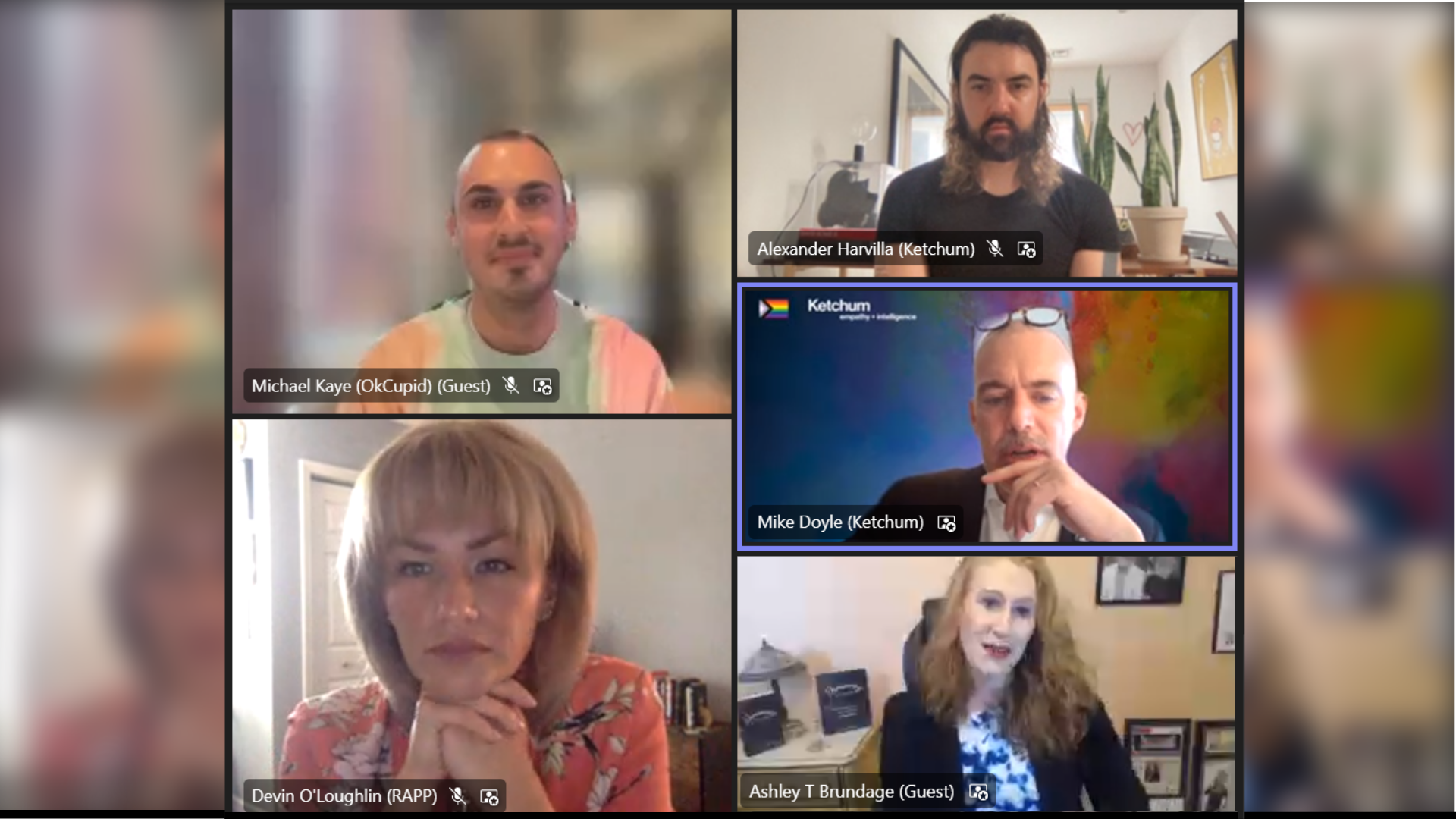In the wake of the 2020 police murder of George Floyd, which reignited a national reckoning on racial justice, corporations and brands were seemingly quick to answer the calls for greater transparency and accountability. One organization after another announced wide-ranging social justice and diversity, equity and inclusion (DE&I) commitments, promising a sea change. But only two years later, progress in corporate America has seemingly slowed to a trickle.

Corporate social justice actions have proven inconsistent to date. And with few exceptions, there is a lack of measurable progress on the commitments made by those companies that acted. Since the events of 2020, an enthusiasm gap has steadily grown for both the role of the Chief Diversity and Inclusion Officer and DE&I programming overall. All the while, both internal and external stakeholders are losing patience, growing increasingly frustrated that companies are not just failing to make the systemic changes needed to affect meaningful progress for the most impacted communities, but also otherwise failing to meet the spirit of the movement that drove the cry for change.
Two Opposing Realities
While corporate energy may be dissipating, the systemic racism and discrimination that people of color (and particularly the Black community) and members of the LGBTQIA+ community face day to day are not. The juxtaposition of these two truths paints a distressing picture.
In analyzing traditional and social media coverage, the social activism conversation sparked in 2020 has dropped off precipitously. It’s why, for example, the second memorial date of the murder of George Floyd barely made a dent in newsfeeds last month. But even more alarming is that acts of violence, hate speech and continued oppression of historically marginalized people have become more visible, prevalent and socially accepted.
For example, while the momentum around racial injustice highlighted the need for increased understanding of Black and African American history in the U.S., both 2021 and 2022 saw a swell in the policing of textbooks and introduction of legislation banning the teaching of critical race theory (i.e., American history) in schools nationwide. Similarly, despite polling suggesting that most Americans – regardless of religious or political affiliation – support anti-discrimination protections for LGBTQIA+ individuals, more than 230 anti-LGBTQIA+ bills have been introduced in state legislatures across the country this year alone.
Good Intentions are Not Enough
Despite the best intentions of many executives, companies are still too often falling victim to their ingrained, systemic fears of making missteps in the DE&I and social justice arena. As a result, many are reverting to their historical, pre-George-Floyd comfort zone – which is to focus on business objectives and profits, not societal issues and benefits. And even when organizations take stances on issues, they tend to tread more carefully with how they go about showing their support.
Meanwhile, consumers and employees alike continue to look to businesses, not just to deliver goods and services, but to fill the societal voids left by governmental, non-profit and religious institutions. Which means that the lines between a business’s role in producing products or services, contributing to culture and influencing policy continue to blur – and expand.
A recent survey by Just Capital shows that 92% of Americans overall (up from 79% last year) believe it is important for companies to promote racial diversity and equity in the workplace. A 2020 Ipsos study revealed that consumers in the 18-34 age demographic ranked racial equality as one of their most important values. And a recent study from Deloitte found that Gen Z and Millennial workers who are satisfied with their employers’ values, diversity initiatives and societal impact are more likely to stay with that company for five or more years than those who are not.
Social Permission Granted
But because businesses have long defaulted to approaching social justice issues defensively – meaning, only reacting to them when they infringe on their ability to operate – they have largely missed the forest for the trees. Stakeholders aren’t just needing and demanding that companies do more for society at large; in those needs and demands they are effectively giving corporations the authority to do so.
Stephanie Creary, a management professor at The Wharton School, calls this “social authorization,” a type of permission granted by stakeholder communities for businesses and business leaders to act: “The social authorization process is about corporations and boards now feeling as if they have the right to do this work that many of them previously were not so deeply immersed in.”
The challenge for most corporations today is to simply wake up to this reality and take stock of the fact their success is heavily intertwined with the success of their employees, customers and communities they serve. And, that no matter where they fall on any given social justice issue, the stability of their reputation demands a much greater level of clarity, authenticity and consistency. Gone, for example, are the days when the left hand celebrates Pride Month, adorning the company’s logo with a rainbow, while the right hand makes political contributions to politicians sponsoring anti-LGBTQIA+ legislation.
How Communicators Can Lead the Way
While the equity awakening of 2020 may have calmed on the surface, it has in no way subsided – and history tells us the next reckoning is likely not too far off either. The communications function has a much more meaningful and central role to play in addressing today’s most urgent social justice and DE&I issues. As a starting point, communicators can take the following steps to drive meaningful diversity, equity and inclusion communications:
- Think Less Defense and More Offense: As lines continue to blur over the role of the corporation in society, organizations must shift their communications perspective from one that defaults to reaction to one that recognizes the company has a proactive role to play in helping address societal pains. This isn’t about shutting down an issue; it’s about solidifying a brand’s stance across a spectrum of social justice and DE&I issues in ways that align with its corporate mission and values.
- Be Clear That Silence Is a Position: Roughly translated, when a company is silent on any given social justice issue, it is telling impacted communities and the people who ally with them that it is not a business priority to say something or otherwise act on their behalf. Consumers trust companies that take a clear stand – whether in their direction or another – over those that remain “neutral,” further underlining the need to review, evolve and align around positioning on these topics.
- Be the Convener: To ensure corporate credibility and consistency, communicators should be at the center of social justice conversations, bringing all parties together. When making public statements about societal issues, communicators should serve as a thread and knowledge hub for internal stakeholders – from public affairs and government relations to HR, employer branding and marketing. Streamlining these efforts through communications teams ensures that a company’s words align with its actions consistently across audiences.
- Champion True Employee Representation: The old model of top-down versus bottom-up governance of a corporation is shifting. The influence of employees – and where they stand collectively on social justice issues – continues to grow, so corporate entities can no longer assume they have the power to simply dictate the way things should be. In an era where employee activism is on the rise, identify ways to give employees a real seat at the table – not just a symbolic one.
- Act Now – Don’t Get Dragged Later: These social justice issues are not going away – especially considering the continued shift in sociopolitical and consumer habits. Now is the time for companies to shape, hone and strengthen their holistic diversity, equity and inclusion and social justice efforts and in so doing, prepare to be held accountable for all past actions (and inactions).
Want to have a conversation about diversity, equity and inclusion communications or responding to social justice issues at your organization? Just reach out.
Written with the support of Ketchum’s Analytics and Purpose teams.





